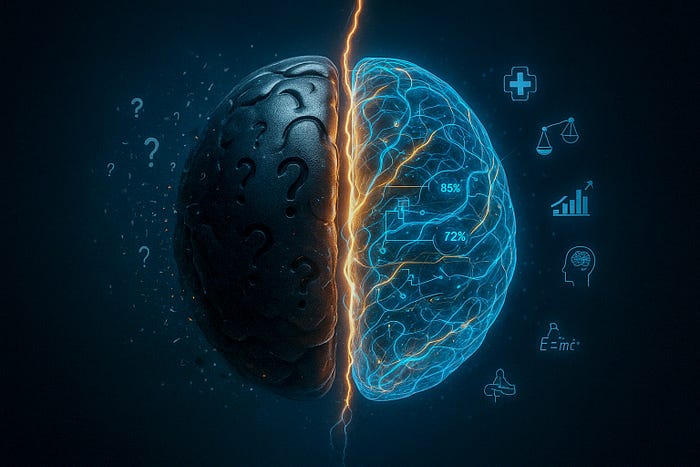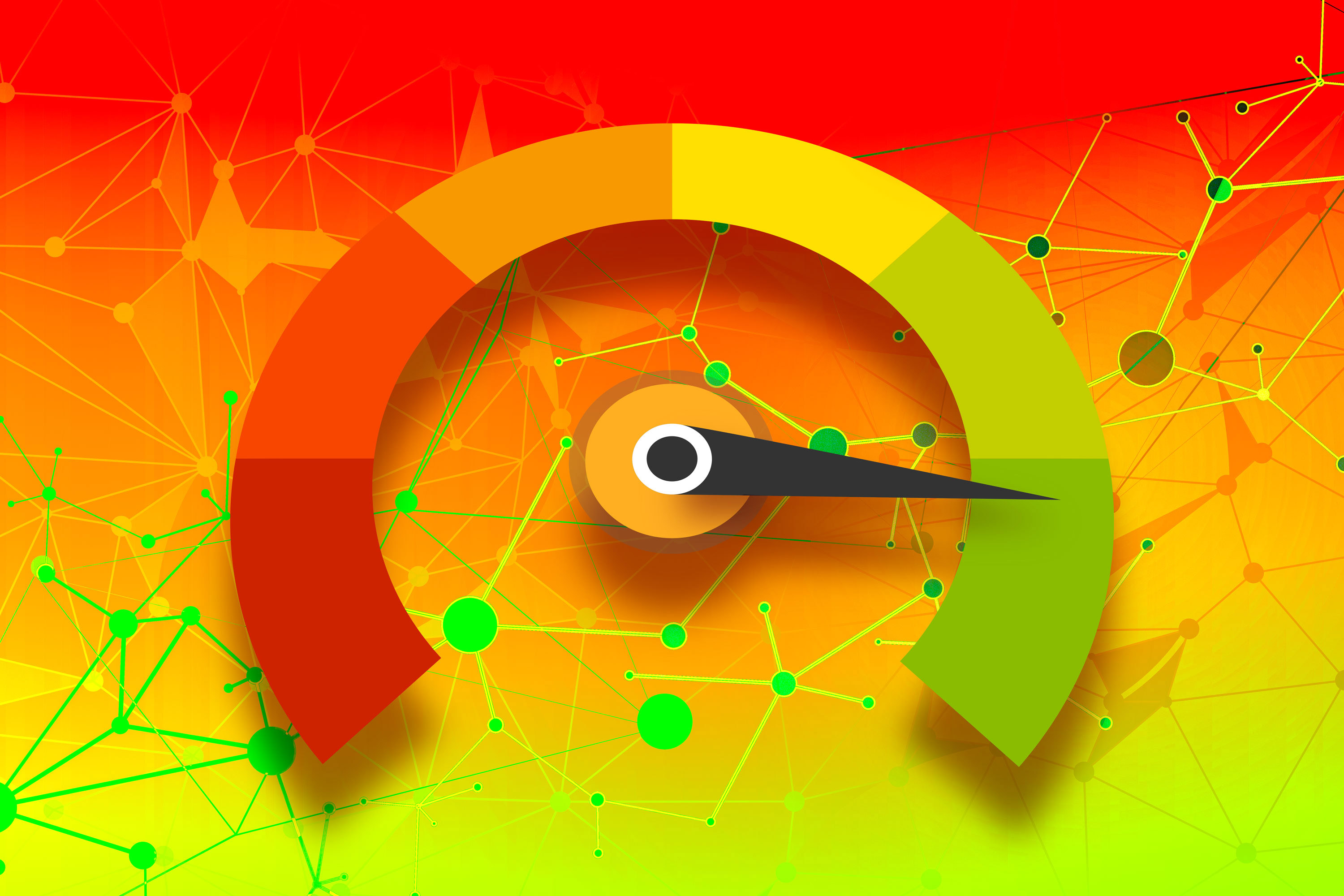Introduction to Model Context Protocol and Autonomous Systems
The world of artificial intelligence (AI) is rapidly evolving, and Large Language Models (LLMs) are becoming increasingly powerful tools. However, to be truly effective, these models must be able to act independently and have dynamic access to external contexts such as databases, applications, live documents, and tools.
Limitations of Traditional APIs
Traditional Application Programming Interfaces (APIs) have not been designed with autonomous AI agents in mind. While they perform well in deterministic systems where inputs and outputs are predetermined, they are not adaptable or flexible enough to handle the evolving data and tools that real-time AI agents require.
The Need for Model Context Protocol (MCP)
This is where the Model Context Protocol (MCP) comes into play. MCP is a protocol that enables AI agents to dynamically access contextual data and collaborate seamlessly, thereby enhancing the operational capabilities and collaboration between AI systems across various platforms.
How MCP Works
MCP allows AI agents to access external contexts in real-time, enabling them to make more informed decisions and take actions independently. This protocol is essential for autonomous AI agents to be effective in a rapidly evolving digital landscape.
Benefits of MCP
The benefits of MCP are numerous. It enables AI agents to be more adaptive, flexible, and aware of evolving data and tools. This, in turn, enhances the overall performance and capabilities of autonomous systems, APIs, and real-time automation.
Real-World Applications of MCP
MCP has the potential to transform various industries, from healthcare and finance to transportation and education. By enabling AI agents to collaborate seamlessly and access contextual data in real-time, MCP can help organizations make more informed decisions, improve efficiency, and reduce costs.
Conclusion
In conclusion, the Model Context Protocol (MCP) is a game-changer for autonomous AI agents and real-time automation. By enabling AI agents to dynamically access contextual data and collaborate seamlessly, MCP enhances the operational capabilities and collaboration between AI systems across various platforms. As the world of AI continues to evolve, MCP is likely to play an increasingly important role in shaping the future of autonomous systems.
Frequently Asked Questions (FAQs)
Q: What is Model Context Protocol (MCP)?
A: MCP is a protocol that enables AI agents to dynamically access contextual data and collaborate seamlessly, thereby enhancing the operational capabilities and collaboration between AI systems across various platforms.
Q: What are the benefits of MCP?
A: The benefits of MCP include enabling AI agents to be more adaptive, flexible, and aware of evolving data and tools, which enhances the overall performance and capabilities of autonomous systems, APIs, and real-time automation.
Q: What are the real-world applications of MCP?
A: MCP has the potential to transform various industries, from healthcare and finance to transportation and education, by enabling AI agents to collaborate seamlessly and access contextual data in real-time.











